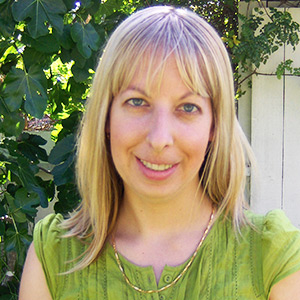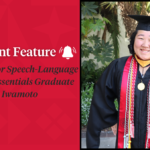
Annie Bomke, Literary Agent
1. What’s the best advice you can give to writers who are right now polishing their pitches, query letters and first 10 pages of their manuscripts in preparation for the upcoming SDSU Writers’ Conference?
My advice for authors polishing their queries and sample pages is to have beta readers, friends, colleagues, and anyone else you know that you consider well-read to read your materials and give you feedback. You may want to give them some sort of questionnaire to fill out, with questions like: “What do you like the most about these pages? What do you like the least? Are you curious to read more? If not, why?” That way you don’t end up with a bunch of kind but unhelpful responses of “I liked it.” Then just keep polishing and reworking your pages until you need to turn them in.
My advice to authors making pitches is to remember that a pitch is meant to be a conversation. I’ve seen many authors memorize and recite their query letter as their pitch, which I don’t think works, mostly because there’s a big difference between reading something and hearing it. When I read something, I have the chance to read and comprehend it at my own pace, which I don’t have when I hear it. These conference appointments take place in a big room full of people talking, so it can be hard to hear authors at times. Occasionally, mid-memorized-query-pitch I will miss a couple words, and then I’ll be lost for the rest of the pitch. So instead of memorizing your query, describe your book as you would to a friend, making sure that you focus on what sets your book apart from others.
2. Can you share one of the best and one of the worst opening lines from query letters that you’ve received?
This might not be the best example, but one of my favorite query opening lines is: “I write to you as you are obsessive compulsive and you read tarot.” It had nothing to do with his book, but it was hilarious, original, and it got my attention right away. It also showed me that he researched me before he sent his query, and read the interview where I’d mentioned these personal quirks. So taking the time to research agents before you query them can really pay off.
In general, I place more stock in the opening line of an author’s manuscript than the opening line of their query. Here are some manuscript opening lines that got my attention:
“There’s a dead boy at my window.”
“I sat holding my right hand out in front of me as if it was resting on the head of an imaginary midget.”
“I was born in water.”
The worst opening lines for a query all blend together in my mind, so I’ll just give you an amalgam of them: “Sara has a problem.” While there’s nothing wrong with this sentence on the surface level, I can’t tell you how many queries start with some variation of it.
My general query advice is to describe the story, while focusing on what is special and unique about your book and avoiding clichés and abstract phrases.
3. What’s the first book that spoke to you as a young reader?
One of my favorite books as a child was Sideways Stories from the Wayside School by Louis Sachar. Though I still love it, and still like to hear it read to me when I’m sick, I wouldn’t say that it resonates with me in a meaningful way. The first book I remember having a tremendous impact on me was The October Country by Ray Bradbury, which I read in 8th grade. On the surface it’s a collection of horror stories, but the horror is so psychological and emotional that it burst open my 13-year old mind and showed me that what you believe can be much scarier than any monster, and it can kill you just as easily.
4. If you had to choose only one, what’s your favorite book?
That’s so hard! Probably The October Country. Though Einstein’s Dreams by Alan Lightman, City of Glass by Paul Auster and In the House Upon the Dirt Between the Lake and the Woods by Matt Bell are close seconds.
5. What do you hope to find at the 31st Annual SDSU Writers’ Conference?
I hope to find gorgeous writing that shows me things in a way I’ve never seen or thought of before. I hope to find rich, meaty characters that resonate with me long after I finish reading. I hope to find vibrant voices that hook me from the first sentence. I hope to find fresh, thoughtful nonfiction by authors who understand the importance of having a platform and have developed one.
For more information about the SDSU Writers’ Conference, visit neverstoplearning.net/writers




